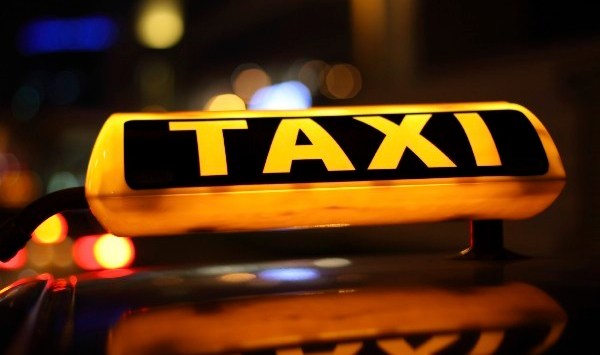

A social media campaign that backfired spectacularly for the taxi industry is a lesson for small business owners on Twitter, according to a social media expert.
On Monday evening, the Victorian Taxi Association launched a social media campaign that urged people to tell their “taxi story” using the YourTaxis hashtag.
The response from Twitter users was swift and brutal, with people using the social media campaign as an opportunity to describe how taxi drivers have left them stranded on footpaths or how their cabs “smelled like a Wookiee’s armpit”.
“I was preached at about how Somali immigrants are destroying Australia for 25 minutes,” one Twitter user wrote.
“Refused to unlock his doors because he didn’t want to drive me five blocks home,” another person wrote.
“An Uber was there in two minutes.”
The taxi industry attempted to hose down claims of a PR fail, telling angry customers the point of the social media campaign is to engage with everyone.
“This is exactly the point… feedback on the good, bad and everything in between,” Yourtaxis wrote in response to an angry customer.
Texting the drivers ID number to your mate because literally all of us have had been made to feel unsafe #yourtaxis
— Jessica Alice (@jessica_alice_) November 10, 2015
#YourTaxis Or the other time a cab driver kept asking for sex as I kept telling him I was on my way to pick up my sick daughter.
— Amy Gray (@_AmyGray_) November 9, 2015
If my legs were cut off with a samurai sword I’d rather crawl on my bloody stumps to a hospital than risk taking a Sydney cab. #YourTaxis
— Brendan Maclean (@macleanbrendan) November 10, 2015
I don’t think @uber could have come up with a better PR campaign than #YourTaxis if they’d tried.
— PRK (@prkaye) November 9, 2015
This is not the first time a social media campaign has backfired for a big business.
In September, an online promotion run by Boost Juice saw the popular franchise’s website bombarded with swear words.
Boost Juice founder Janine Allis took the slip-up in her stride, tweeting a link to a story about the mishap with the words “oops”.
And back in April, Woolworths launched its now notorious “fresh in our memories” social media campaign where it asked Australians to share a memory of someone affected by war along with the Woolworths logo.
Social media expert Dionne Lew told SmartCompany businesses need to understand they cannot compel people to send in positive stories on social media – particularly when there are widely accepted issues with their industry.
“I am not surprised this one has roused so much emotion,” Lew says.
“On the upside, at least the taxi industry is out there connecting with its customers. But they may have been better placed to go out with a ‘tell us your issues’ or ‘tell us what we can do better’ campaign. People would have gone, ‘Hallelujah, they’re listening’.”
Lew says the taxi industry needs to understand people are choosing to use competitors such as Uber for a reason.
“Government and the industry need to be thinking about that and then looking at how they make things right in the taxi industry, rather than trying to make it difficult for consumers to keep loving Uber,” she says.


COMMENTS
SmartCompany is committed to hosting lively discussions. Help us keep the conversation useful, interesting and welcoming. We aim to publish comments quickly in the interest of promoting robust conversation, but we’re a small team and we deploy filters to protect against legal risk. Occasionally your comment may be held up while it is being reviewed, but we’re working as fast as we can to keep the conversation rolling.
The SmartCompany comment section is members-only content. Please subscribe to leave a comment.
The SmartCompany comment section is members-only content. Please login to leave a comment.